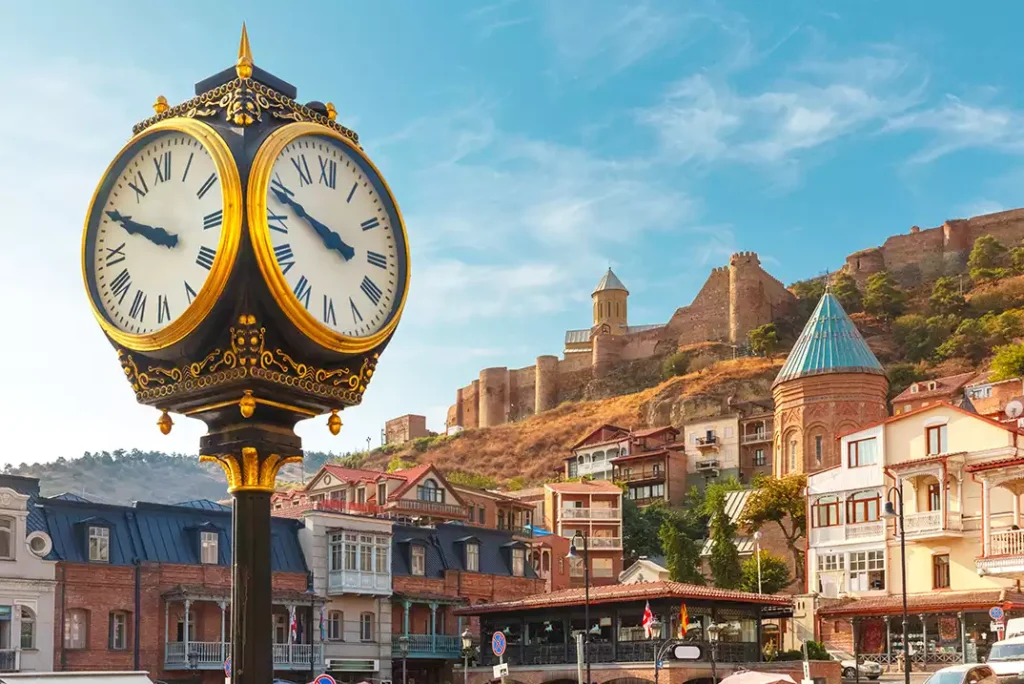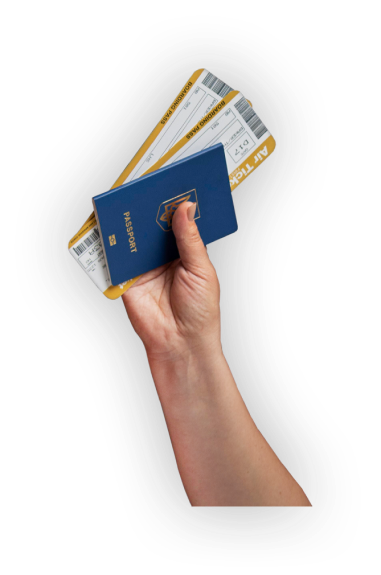Ancient historical records suggest that the Caucasus was inhabited by diverse indigenous peoples since prehistoric times. Over centuries, it witnessed the rise and fall of several powerful empires including the Persian Empire, Roman Empire, Byzantine Empire, Mongol Empire, Ottoman Empire, and Russian Empire.
During antiquity and medieval periods,the Caucasian kingdoms such as Colchis, Iberia, Albania played significant roles in regional trade and cultural exchange. Influenced by neighboring powers like Persians, Greeks, Romans these kingdoms flourished and developed unique cultural traditions.
In later centuries,the region became a battleground for competing interests among various external powers.The Russo-Persian Wars 18th-19th century marked significant territorial changes with Russia gradually gaining control over parts of Caucasus eventually annexing the entire region, establishing dominance at expense of local rulers.
The twentieth century brought further political upheavals to the Caucasus with the collapse of Russian empire emergence Soviet Union followed by dissolution USSR independence movements emerged leading to establishment independent states Georgia,Azerbaijan Armenia each facing challenges relating geopolitical conflicts ethnic tensions
Today, the countries comprising modern-day Caucasus—Georgia, Azerbaijan, and Armenia—maintain their distinct identities while navigating through ongoing regional complexities. Economic development efforts, rising tourism interest, and strategic importance due energy resources transportation routes continue to shape dynamics in this historically vibrant fascinating part of the world.
Cultural Diversity and Heritage
The Caucasus is renowned for its remarkable cultural diversity. With over 50 distinct ethnic groups and numerous languages spoken in the region, visitors can immerse themselves in a tapestry of traditions, music, dance forms,specialty cuisines ,and ancient rituals.
Breathtaking Natural Beauty
From towering mountain ranges to lush valleys dotted with vineyards, the Caucasus boasts breathtaking natural beauty that will leave you awestruck. Explore the majestic peaks of Mount Elbrus or hike through the picturesque trails of the Tusheti National Park.Experience pristine lakes like Lake Sevan or enjoy scenic drives along the Georgian Military Highway.
Historical Landmarks
The Caucasus is steeped in history with countless historical landmarks waiting to be explored.Discover ancient fortresses such as Narikala Fortress in Georgia or explore architectural wonders like Armenia's Geghard Monastery and Azerbaijan's Maiden Tower.These sites offer glimpses into centuries-old civilizations that have shaped the region.
Delicious Cuisine & Wine Culture
The culinary scene in the Caucasus is a true delight for food enthusiasts.Cuisine from each country—Georgia, Armenia, Azerbaijan—is distinct yet equally tantalizing. From mouthwatering kebabs to delectable pastries (such as khachapuri),the flavors are diverse.Enjoy wine tasting tours through Georgia's vineyards, famous for their traditional winemaking methods dating back thousands of years.
Warm Hospitality
The people of the Caucasus are known for their warm hospitality.Whether you're exploring bustling city streets or remote villages,you'll experience genuine warmth and generosity from the locals.Caucasian hospitality is deeply ingrained in their culture, making visitors feel welcome and valued.
Outdoor Adventures
Outdoor enthusiasts will find plenty of adventure opportunities in the Caucasus region. Go skiing or snowboarding in Georgia's ski resorts,go horseback riding through Armenia's stunning landscapes ,or embark on a thrilling trekking expedition along the trails of Azerbaijan.The diverse terrain caters to various interests and skill levels.

The Caucasus region, nestled between Europe and Asia, is home to a vibrant and diverse culture that has thrived for centuries. This culturally rich area encompasses countries such as Armenia, Azerbaijan, Georgia, and parts of Russia. The unique geography of the Caucasus Mountains has played a significant role in shaping the distinct cultural identities found within this region.
Caucasus culture is characterized by its fusion of influences from various civilizations that have interacted with the region over time. The indigenous peoples, along with Persian, Ottoman Turkic, Arab Islamic, Mongol, Russian Orthodox Christian influences have all left their mark on the art forms, traditions, language dialects ,music,cuisine,and religious practices found in this area.
One notable aspect of Caucasus culture is its emphasis on hospitality. Known for their warm welcome and generosity towards guests,social gatherings often revolve around sharing delicious traditional meals accompanied by lively music and dance performances creating an inviting atmosphere.
Traditional craftsmanship also holds a special place in Caucasus culture. Intricate carpet weaving,talented metalwork,pottery production are revered arts showcasing exceptional skills passed down generations.This craftsmanship reflects the heritage pride craftsmen take preserving their cultural legacy.
Music plays a central role in Caucasian traditions; folk songs and dances are integral part celebrations and festivals . Each country within the region boasts unique musical styles, instruments reflecting local customs, stories conveying emotions connecting people through shared experiences.
Explore Historical Sites:
The Caucasus is rich in history, with numerous ancient sites and architectural wonders to discover. From the medieval monasteries of Armenia such as Geghard Monastery and Haghpat Monastery, to the stunning churches of Georgia like Svetitskhoveli Cathedral and Gelati Monastery, history enthusiasts will find plenty to explore.
Hiking and Outdoor Adventures:
The Caucasus boasts breathtaking natural landscapes ideal for outdoor enthusiasts. Travelers can embark on hiking trails through scenic mountains like Mount Kazbek in Georgia or hike up to Gergeti Trinity Church offering panoramic views of the surrounding valleys. Those seeking more adventurous experiences can go mountain climbing, skiing, or even paragliding.
Experience Unique Cultures:
The Caucasus is home to diverse cultures with their own distinct traditions, languages, music, dance forms, and cuisines. Travelers have the opportunity to immerse themselves in local culture by attending traditional festivals, tasting regional delicacies like khinkali (dumplings) in Georgia or dolma (stuffed grape leaves) in Azerbaijan ,and participating in folk dances or music performances.
Wine Tasting:
Wine lovers can indulge their palates with a visit to vineyards scattered throughout the region.With a long-standing tradition of wine production, Caucasian countries boast unique winemaking techniques, varieties and flavors. Travelers can take guided tours, taste different wines,and learn about local winemaking practices.
Relaxation & Wellness:
For those looking for relaxation; the region offers various spa resorts and hot springs where visitors unwind and rejuvenate amidst picturesque surroundings.
Visit Cultural Landmarks:
Discover iconic landmarks such as Tbilisi's Old Town, Gobustan Rock Art Cultural Landscape in Azerbaijan or Armenia's ancient city of Yerevan. These sites offer a glimpse into the region's rich cultural heritage and architectural marvels.
Culinary Exploration:
Food enthusiasts can indulge themselves in the unique flavors of Caucasian cuisine. From Georgian khachapuri (cheese-filled bread) to Azerbaijani plov (rice dish), exploring local markets, and trying traditional dishes is a must for any traveler visiting this region.

These are just a few examples of the languages spoken in the Caucasus region, each with its own unique greetings and cultural nuances. Embracing and respecting the linguistic diversity of this region can enhance interactions and foster mutual understanding among its diverse communities.
Khinkali:
These Georgian dumplings are a must-try delicacy. Filled with savory meat or cheese, Khinkali is typically enjoyed by holding the dumpling by its twisted top and biting into it while savoring the flavorful broth inside.
Dolma:
Dolma is a popular dish across the Caucasus region, consisting of grape leaves stuffed with a mixture of rice, minced meat, herbs, and spices. It can be served hot or cold and offers a delightful combination of flavors.
Kebabs:
Grilled meats, particularly lamb or beef kebabs known as shashlik in Russian or kabab in Azerbaijani cuisine are widely enjoyed throughout the Caucasus region. They are often marinated in aromatic spices and cooked on open flames for smoky tenderness.
Pkhali:
Pkhali refers to various vegetable-based appetizers commonly found in Georgian cuisine. These include spinach, parsley, walnut spread mixed with garlic, cilantro, seasonings creating vibrant colorful plates packed with nutrients.
Churchkhela:
A unique sweet treat originating from Georgia; churchkhela consists of walnuts threaded onto a string dipped repeatedly into thickened grape juice called "tatara". After drying,the result is an elongated candy-like snack perfect for satisfying your sweet tooth!
Lavash Bread:
This thin unleavened bread made from wheat flour holds great significance across the entire Caucasian region. It's considered an essential accompaniment for many meals using wrap kebabs and other fillings.
Azerbaijani Pilaf (Plov):
Rice pilaf cooked slowly over low heat together with tender pieces of lamb, mutton chicken, fried onions, dried fruits and nuts creating a fragrant savory dish with distinct flavors.
Armenian Barbecue (Khorovats):
Khorovats is an Armenian-style barbecue that showcases the country's love for grilled meats. Marinated chunks of meat are cooked on skewers over an open flame, resulting in juicy and flavorful kebabs.
Spring (March – May): Spring in the Caucasus showcases nature at its finest. The snow begins to melt, giving way to lush green valleys and blooming wildflowers. This season is ideal for outdoor enthusiasts who enjoy hiking or exploring ancient ruins without encountering large crowds.
Summer (June – August): Summer is peak tourist season in the Caucasus due to pleasant weather conditions. It’s an excellent time for trekking in the mountains or enjoying water activities on picturesque lakes. Festivals and cultural events also take place during this period, offering visitors a chance to immerse themselves in local traditions.
Autumn (September – November): Autumn paints the landscape of the Caucasus with vibrant hues of red, orange, and yellow foliage. The weather remains mild during this season with fewer tourists compared to summer months. It’s an ideal time for photographers or those seeking a peaceful getaway amidst stunning natural beauty.
Winter (December – February): Winter transforms the Caucasus into a winter wonderland with snow-covered mountains creating perfect conditions for skiing and other winter sports activities. Ski resorts such as Gudauri in Georgia or Tsaghkadzor in Armenia attract adventure seekers from around the world during this time.
It’s important to note that weather patterns can vary within different regions of the Caucasus due to varying elevations and geographical features.So it’s advisable check specific destination forecasts before planning your trip
When To Visit Caucasus?

The Caucasus region, encompassing countries such as Armenia, Azerbaijan, and Georgia, has its own currency systems and payment practices that visitors should be aware of. Here are some key aspects to consider:

If you’re planning a trip to the beautiful region of Caucasus, it’s important to be well-prepared and informed about the travel tips and requirements specific to this destination. Here are some key considerations: